Participants: Ms. A, Mr. B, Ms. C, Ms. D
Chairman: Ms. E
Previous Major and Reason for Choosing the Area Studies
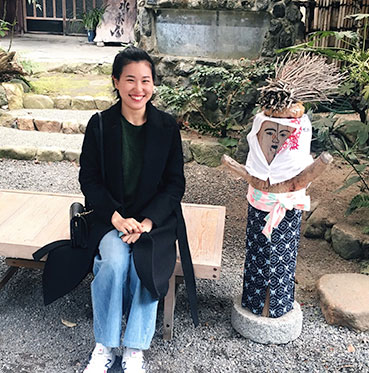
What was your previous major and why did you choose area studies?
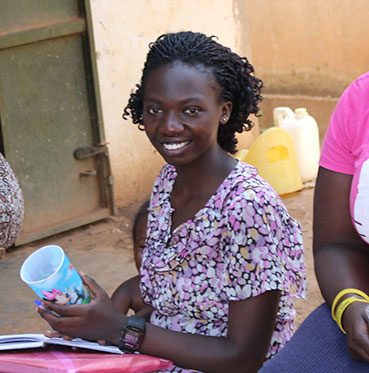
As I said, my previous major was human nutrition. When we study about human nutrition in Uganda, we tend to collect data from a lot of people and do statistical analysis. But when you do area studies, we need to interact more closely with the people in our fieldwork site, so for me, that was the most interesting thing from the area studies.
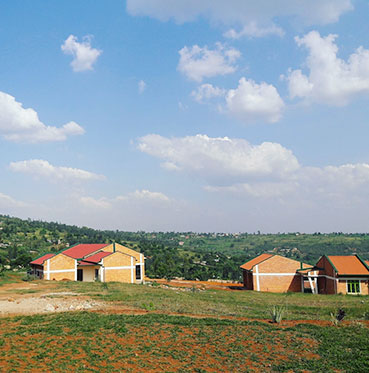
My previous major was international commerce. I chose that major mostly because I wanted to know more about international relations. But I have not got a chance to study about the Africa area in my bachelor’s, so I wanted to dive into the local area and get to know about it by experiencing from my body.
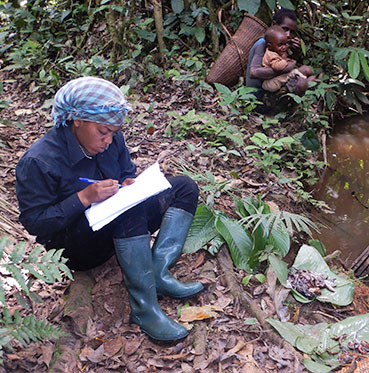
My former major was natural resources and environmental management. And giving that, I wanted to do something of continuing the same light regards to the area that I do work in regarding forest management. I chose DAAS because the area studies embody a lot of diversities in the field of study.
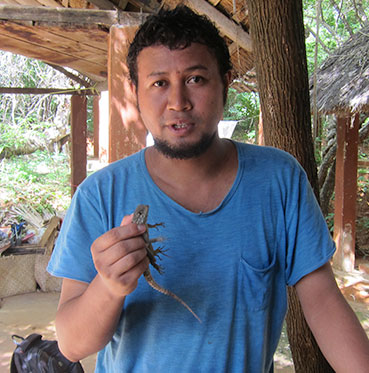
I studied the sociobiology of non-human primates during my master’s degree. DAAS uses multidisciplinary studies, so we can use many disciplines under the umbrella of research. Also, Kyoto University is the best institute of primatology in Japan, so I decided to study here. Surprisingly, I met many ecologists and primatologists in DAAS which introduced me to the new domain of research.

My previous major is quite vague and covering a huge area, it was Eastern African Studies of Language and Literature. Thus, I majorly learned the Swahili language for 4 years and some of the important Kenyan literature as well. In 2014, I had a chance to study at Addis Ababa University for one semester. That experience made me be more interested in Ethiopian society, rather than my own major. I did my master’s in the same university, but in a different field, in the Graduate School of International Area Studies. I found area studies very attractive as I can learn many things from different points of view, but also deeply, by using different methods.
Determining Research Theme and Conducting Fieldwork

I think all of you are strong enough to prepare and achieve those opportunities! The next question is regarding fieldwork. How did you decide research theme and how did you stay in fieldwork?

I think that I never solidly decided on my research site and the theme at once, but I feel that it is constantly developing from the first year to two years after I came here until now. At first, I thought I would study just about undernutrition. But after discussing with my supervisor, I realized that overnutrition is also a problem in Uganda. Then I thought I would study both, but after a while, I realized that the scope would be too big. So, in the end, I decided to focus only on overnutrition. But basically, the ideas kept evolving after visiting the field and discussing with my supervisor. One thing that I am grateful for from this department is that you do not have to solidly decide a certain plan from the beginning, but you have the opportunity to decide according to your experiences in the field.
Regarding staying in the field, I think what helped me was that I found one or two people who could constantly cooperate with me. At first, I thought it was going to be easy for me because I am Ugandan and I am researching in Uganda, but actually, it had its own opportunities as well as challenges because some people tended to feel like I am interfering in their life, which may not be the case with a foreign researcher. However, thanks to the approach that is used in ASAFAS that is developing a living and experiencing life with the participants, after the one or two fieldwork visits, it became easier and easier as they became accustomed to me.

Before entering this school, I had a broad imagination and ideas of what I wanted to do, but it was not so precise. After having many discussions with my supervisor, the idea changed compared to the time that I applied. So, for those who are considering coming here, do not have to worry too much about what their research topic is going to be about, as Ms. A explained.

Actually, my research site was determined by the project that my institution carried out. I have been to the field once and being acquainted with the people and the site. I am still hoping to go to the field. But due to the Covid-19, I am still waiting for the time to go to the field. So currently, my supervisor and I are trying to see how we can bring some Cameroonian students on board to help with the data collection alongside myself, given the limited time.

I think my situation is quite similar to Ms. C. I had one chance to conduct my research in 2019, however, I could not go to the field again due to the current situation of COVID-19. Luckily, I proceed two times of short fieldwork regarding the same research in my master’s, although the direction of the research has changed a bit, the data that I collected at that time is really helping me a lot. As Ms. A said previously, I think deciding the research theme takes time and it can be always change through the process of research. In the case of me, I think it took quite a long time than other students. The process helped me to broaden my views on my research, but I think having directions on what you want to do is very important not to wandering around.
How about in the case of Mr. B? Since you need to do your fieldwork in the forest, so I think it is helpful for the students who want to study related to forests and animals.

In fact, staying in the forest is very interesting and exciting although I was a city boy. I think the most important point of staying in the forest is to be positive and able to interact with many people.
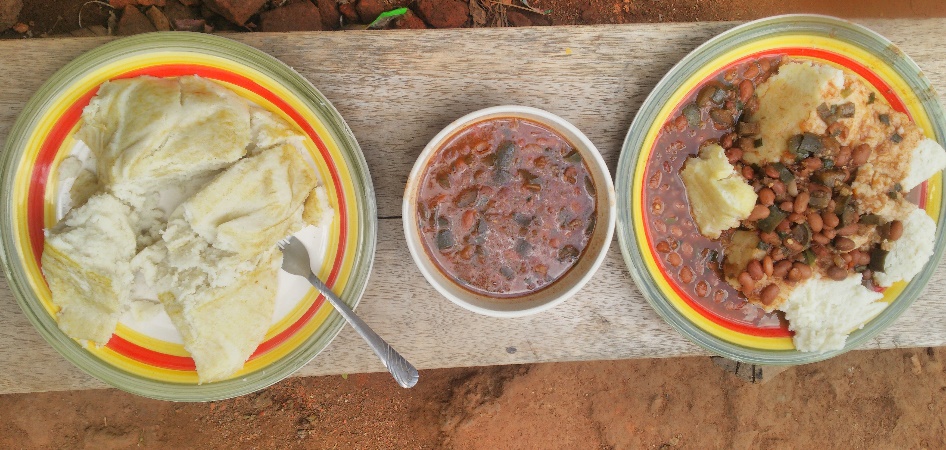
Photo 1: Local Food in Uganda, Posho and Beans. Provided by Ms. A. 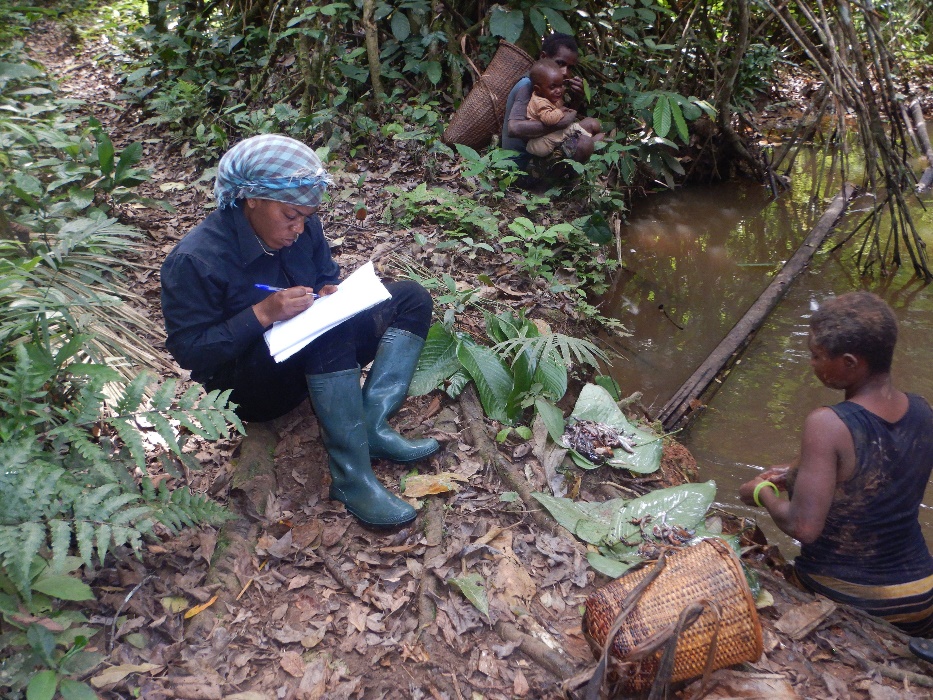
Photo 2: Collecting Information on Indigenous People’s Livelihood. Provided by Ms. C. 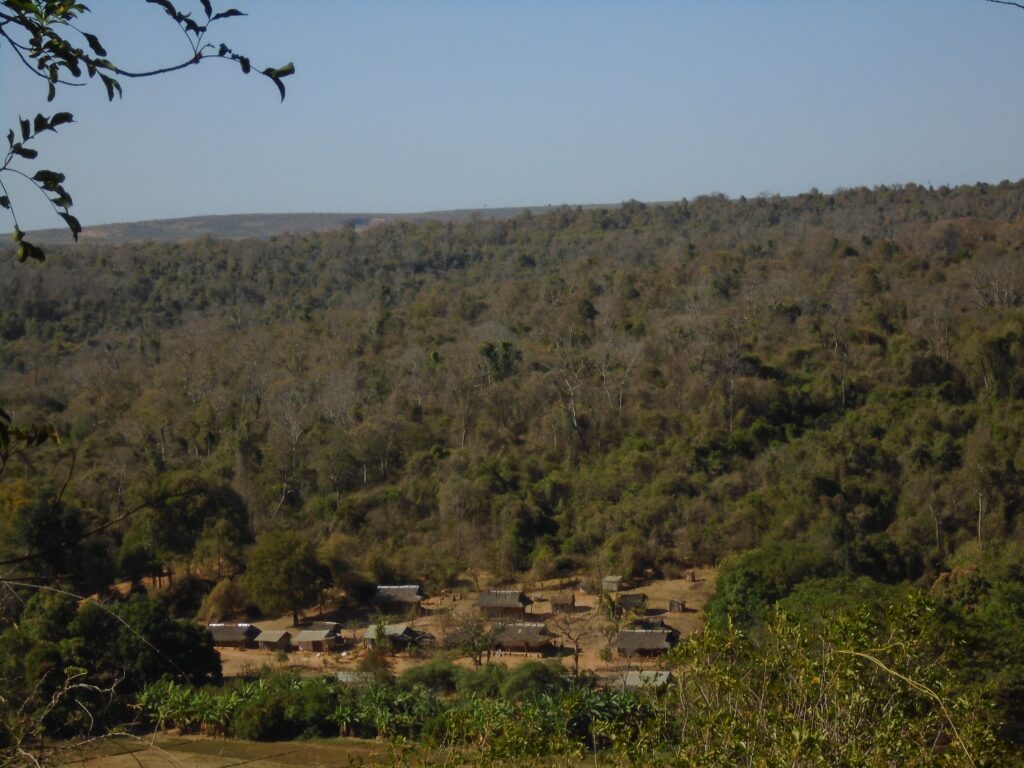
Photo 3: Landscape of Ankarafantsika National Park, Madagascar. Provided by Mr. B.
Impact of Covid-19

Based on your answer, I think the Covid-19 pandemic is giving many challenges to our research life. In the case of me, I could visit my research site only once, for about 3 months. Thus, I would like to move onto our last question in our section and raise a question that “how did the Covid-19 impact your research?”

When the Covid-19 occurred, I had already had an opportunity to conduct fieldwork for more than 12 months. In that context, I was really lucky. But since the occurrence of Covid-19, interacting with many other researchers has become difficult. For me, I wanted to do conference presentations, as well as submitting papers to journals. But because of the Covid-19, the peer-reviewing process takes a really long time.

Due to the Covid-19, I was supposed to come to Japan in April but I came to Japan in October. I think I was lucky because most of the first-year students need to take many classes in the first semester. However, since we, the first-year graders, could not go to the fieldwork, we had to change our topic or doing fieldwork with a similar topic in Japan. Since that is the only option that we have.

At the first time, the situation was a bit challenging for me because I found all the situations negatively. I could not go to the field, I also could not go back to my country. However, I started to think simply. I started to figure out what I can do and what I can not do. Although I cannot go to the field, I can do my research with the data that I have. This process helped me to lessen my worries.

I see the covid-19 impacting my research life indeed. Because I could not go to the field to collect data. So, still, I do not know when I can go to Cameroon. I see somehow stressful. Because the MEXT students have only 3 years to finish their studies (the year varies with the programs and degree), so conducting my research without doing any fieldwork is challenging for me at this moment.

I was a bit lucky because I almost finish my fieldwork when the Covid-19 emerged. Everyone talked about the bad point of the virus, but there is also a good point. Since professors also cannot go to the field, I could communicate with them more frequently than before.
